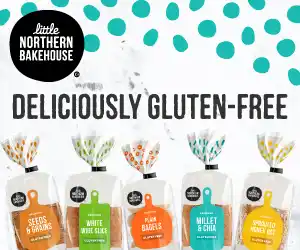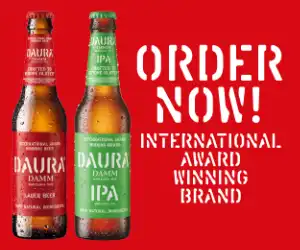-
Welcome to Celiac.com!
You have found your celiac tribe! Join us and ask questions in our forum, share your story, and connect with others.
-
Get Celiac.com Updates:Support Our Content
What Are Your Symptoms Of Peanut Allergy?
-
Get Celiac.com Updates:Support Celiac.com:
-
Recent Activity
-
- trents replied to Maura Gissen's topic in Food Intolerance & Leaky Gut5
Autoimmune Reaction to SO many foods
I'm a little confused. In your second post you said, "but these symptoms have been ongoing for a long time before the pregnancy" while in your most recent post you say, "I was doing a lot better on the AIP diet. However, I was unable to do the full reintroduction process because I went off the AIP diet when I got pregnant and was experiences chronic nausea... -
- Maura Gissen replied to Maura Gissen's topic in Food Intolerance & Leaky Gut5
Autoimmune Reaction to SO many foods
They did. I was doing a lot better on the AIP diet. However, I was unable to do the full reintroduction process because I went off the AIP diet when I got pregnant and was experiences chronic nausea. This is what makes me believe it's food related. I do check all of my food products and supplements and I am very careful about them being gluten free... -
- trents replied to Maura Gissen's topic in Food Intolerance & Leaky Gut5
Autoimmune Reaction to SO many foods
Did the symptoms commence after you discontinued the AIP diet? Have you checked all nutritional supplements and oral hygiene products for possible gluten content? Have you recently checked all the labels of purchased processed foods in your pantry to check for formulation changes that might have introduced gluten? Historically, when "glutened" did... -
- Maura Gissen replied to Maura Gissen's topic in Food Intolerance & Leaky Gut5
Autoimmune Reaction to SO many foods
Hi Trent! Thanks so much for your warm welcome and questions! They do, but these symptoms have been ongoing for a long time before the pregnancy. However, it's hard for me to know what's a celiac response vs. a Hashimotos one. I haven't, maybe it's worth getting those checked again? -
- trents replied to Maura Gissen's topic in Food Intolerance & Leaky Gut5
Autoimmune Reaction to SO many foods
Welcome to the forum, @Maura Gissen! Don't those same symptoms often come along with the territory when pregnant? And then throw in Hashimoto's. Have you had your celiac antibody levels checked recently?
-











Recommended Posts
Archived
This topic is now archived and is closed to further replies.